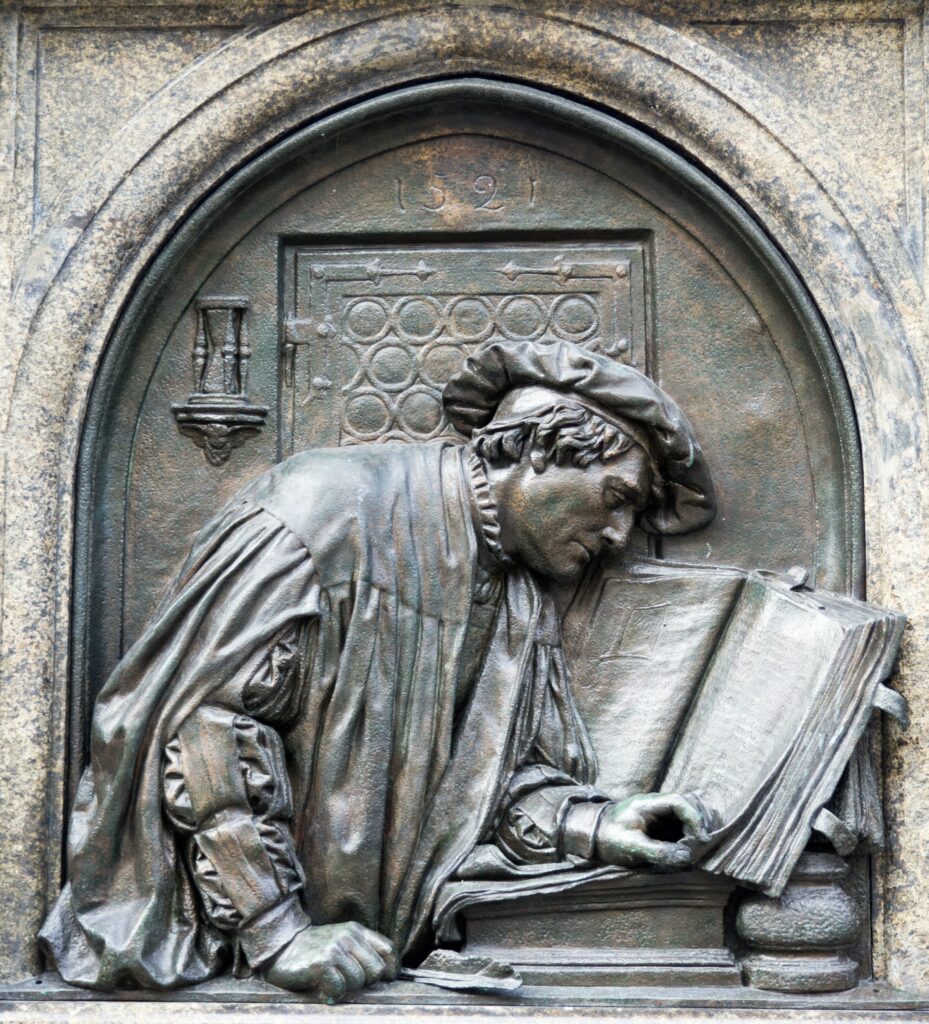
Part 1: Initial Thoughts | Part 2: Biblical Principles | Part 3: What Now? | Part 4: Tactics
To wrap up this brief series, I’d like to call on a personal experience to highlight the most important point, the Big Idea.
Some years ago my Dad chose to become a tax protestor. I’ve written about that in an earlier post; I’ll give you a minute to go read it before I apply it to this issue.
…
No, seriously, you need to go read the story, or you won’t understand the point here.
…
OK. Now let’s talk about how my Dad’s experience applies here.
Really, now, why did Dad quit filing his taxes?
Because he didn’t want to pay them. He claimed, based on a book he’d read, that being forced to file a return is a violation of the Fifth Amendment, which says you can’t be forced to testify against yourself. He said, “If the government can show me how much I owe them, I’ll be glad to pay it. But I’m under no obligation to give them that information.” He claimed he was standing up for the Constitution, which is the real government.
Now, the book he’d read said very directly that you must continue to file; you just enter “5th Amdmt” in every blank where you would ordinarily write a number. I’ve never asked a lawyer about that approach, mostly because I’m pretty sure what the lawyer would say. But in any case, Dad didn’t follow the book’s advice; he just quit filing.
And the IRS let it slide. I’m sure they knew where he was, even though he’d recently moved across the country, from Boston to New Mexico. They knew because he was on Social Security, and they were mailing him a check—which he was cashing—every couple of weeks.
But they knew he was old, and retired, and had no savings to speak of, so they figured he wasn’t worth their time.
But as typically happens with believers, God’s Spirit doesn’t let things slide. Dad was in a church that preached the Word, and eventually he got under conviction, and he decided to make it right.
And when he did, it actually turned out better for him than if he’d just kept his mouth shut.
Now, I don’t think we can extrapolate from that to say that confessing your sin always increases your income. But when we get crossways with authorities, governmental or otherwise, God is doing things; he’s at work. And a significant part of that work is conforming us to the image of his Son.
Now, he might have things turn out well physically or relationally, to teach us that we were boneheaded to resist the authorities he has placed over us.
But he might not, either.
Either way, we’re going to be better for having done the right thing. My Dad isn’t here on earth anymore, but if he were, he’d tell you that the cleansing of his conscience and the faith he learned to exercise were worth far more than the piddling “refund” check he got from the IRS.
If you’ll trust in God’s providential working, you’ll never regret it.
That’s the Big Idea.
Photo by Teemu Paananen on Unsplash


